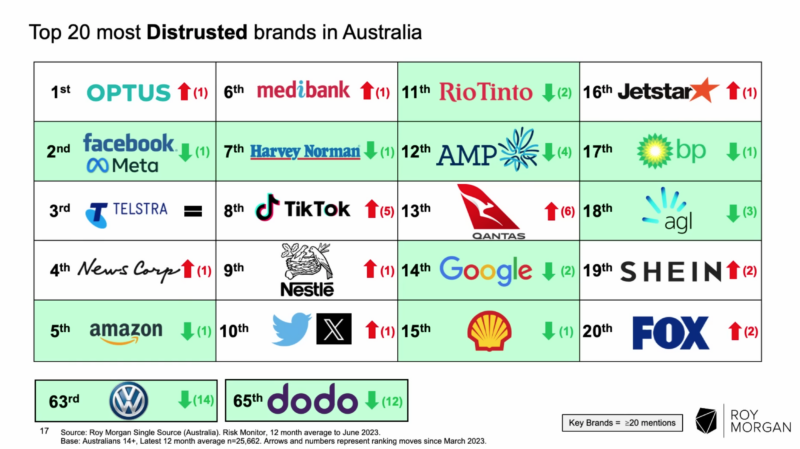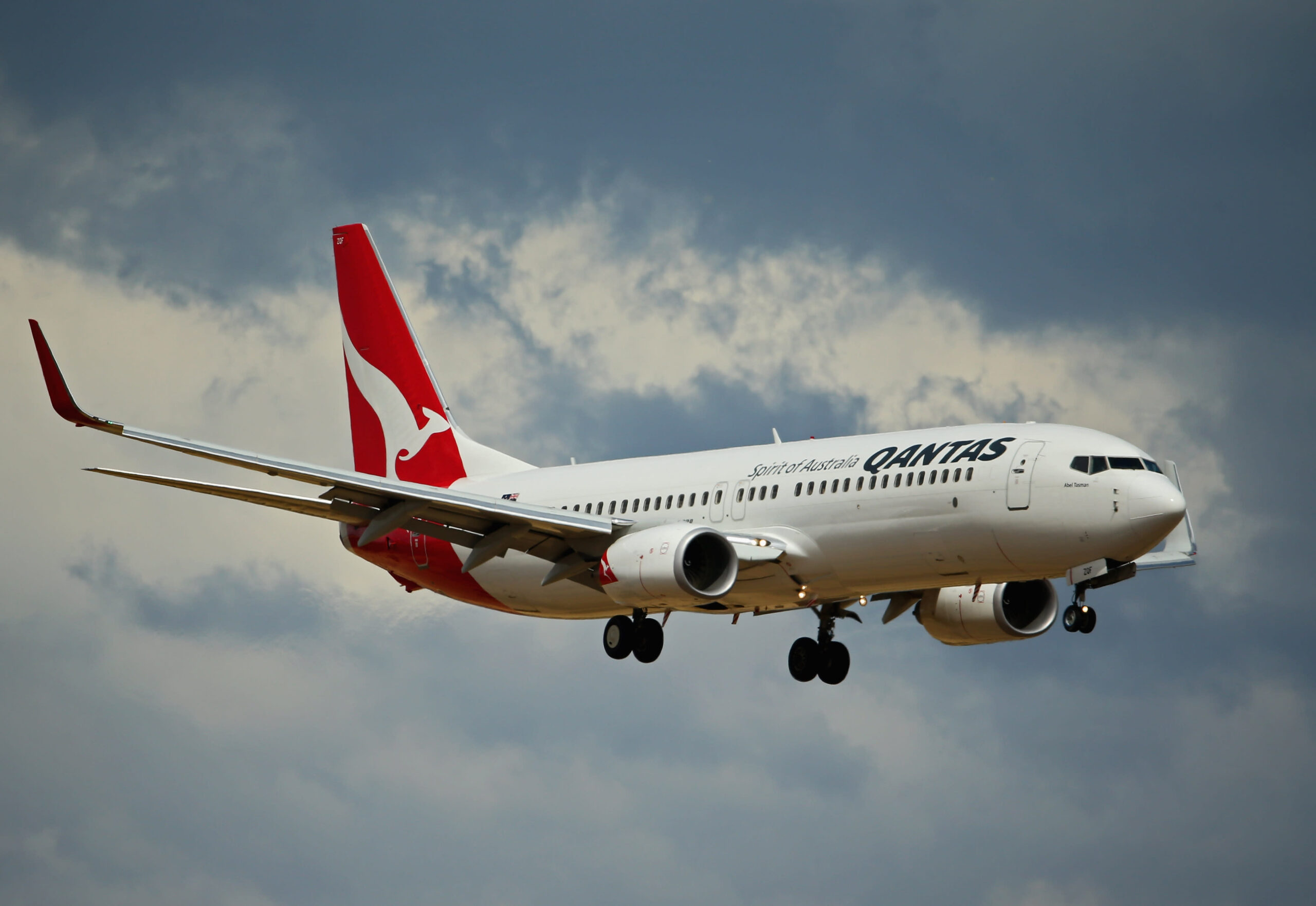Qantas just one of many Australian big businesses placing profit over people
The Australian corporate world has been rocked this week after Qantas CEO Alan Joyce made his abrupt exit from the beleaguered airline amid ongoing scandal.
In a desperate bid to refresh their public image, Joyce has handed over the reins of the company two months ahead of schedule to Vanessa Hudson.
At the centre of their woes? Placing profit over people.
In an article in The Guardian, the five major issues currently plaguing the airline were summed up as:
1: The ACCC’s legal action
The Australian Competition and Consumer Commission (ACCC) has levelled allegations of false, misleading or deceptive conduct to Qantas after it was alleged that the airline advertised and sold over 8,000 flights that they had already cancelled in their system.
ACCC chair Gina Cass-Gottlieb has said that she is hoping to send a message to the corporate community by hitting the airline with over $250m in penalties if they are found to have breached rules.
2: Aviation sector fed up with Qantas’ underhanded dealings
The ACCC’s investigation has also found that the aviation community at large is done with Qantas acting as if they are above reproach – cancelling almost one in four flights during May – July 2022 for “reasons within Qantas’ control”, slot hoarding out of Sydney airport and using political influence to block expansion from competing players.
3: Other legal battles over unfair dismissal and refund policy
Aside from the ACCC investigation, Qantas is also embroiled in two other legal battles. The airline is currently appealing a federal court decision that it illegally outsourced the jobs of around 1,700 ground handlers amid the pandemic in November 2020. If the high court does not overturn the ruling that Qantas acted against protections in the Fair Work Act, the airline is facing a mammoth compensation bill in the tens of millions of dollars.
The company is also facing a class action lawsuit over its refund policy for flights cancelled due to the pandemic, with the use of travel credits effectively allowing the brand to treat their customers money as more than “$1b in interest free loans”.
4: Customer faith in the brand
Perhaps of greatest concern to Qantas is the deteriorating public trust in the brand – as evidenced by their drop from 9th most trusted brand in September 2022 on the Roy Morgan Risk Report to the 13th most distrusted brand the same time this year.

The report states, “Qantas’ refusal to pay back any of the $2.7 billion in COVID government handouts – even after announcing an annual profit of $2.5 billion and the class action by hundreds of thousands of customers fueled by the airline’s unwillingness to refund $2 billion in cancelled flights, are all having an impact on distrust.”
It goes on to add, “The poor behaviour of many of Australia’s corporate leaders reveals a Moral Blindness to what is ethical and in the community’s interest rather than solely in the shareholders’ interest.”
5: Fleet issues
Joyce’s successor Vanessa Hudson addressed Qantas’s ageing fleet of aircraft as a key issue for the airline earlier this year, with the average age of the airlines planes sitting at about 15 years. This results in increased maintenance and running costs for the brand, amid a parts shortage and overworked aircraft manufacturers trying to get planes grounded by covid back in the skies.
Addressing staff earlier this week, incoming CEO Hudson stated that, “We know that post-Covid we haven’t always delivered to what our customers expect, but we are listening and we hear what they are saying.”
She went on to assert that it was the company’s job to “get the balance right between looking after our customers, you our people and the business itself,” stating that the first focus for the company will be with their customers.
But Qantas aren’t the only big business prioritising profit over people. In an opinion piece for Crikey, journalists Bernard Keane and Glenn Dyer write, “Qantas is now the fifth major example of a company that arrogantly believed its importance, its political influence, its media manipulation skills and its ability to evade regulation made it untouchable, allowing it to treat its customers, workers and community with contempt, without consequence,” in what they call a trend of rotten business by some of Australia’s biggest corporations.
Currently the media is overrun by stories of bad deeds done by greedy corporations, like the big banks and their shoddy products and stealing, Crown and Star for money laundering and organised crime links, Rio Tinto destroying important archeological sites, and audit and consulting firms like PwC for coaching top paying clients on tax avoidance. The story is the same each time, a comfy relationship with the government with big political donors, little or no regulation, support from the media, and shareholders at the centre of their business model.
As Crikey puts it, “The recurring theme here is that of Australia’s biggest companies investing more into duchessing politicians, thwarting regulators and cultivating the media in order to allow them to operate without accountability than in innovating, increasing productivity or becoming globally competitive.”
It’s a sad scene, but as we have witnessed in the cases above, consumers have the power to effect real change by voting with their dollar, and complaining when a service doesn’t serve the people it purports to.




